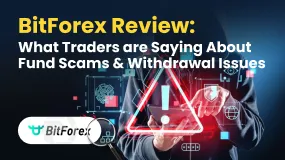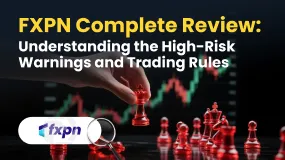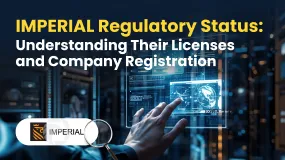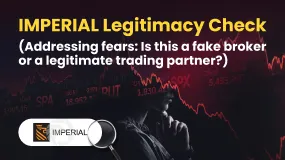Abstract:Want to begin your forex journey as a broker or trader in the UK? Start understanding the forex trading regulations applicable in the country. The regulations, imposed by the Financial Conduct Authority (FCA), are designed to enhance investor protection, operational transparency, and a robust UK forex trading market. Check out more about this.
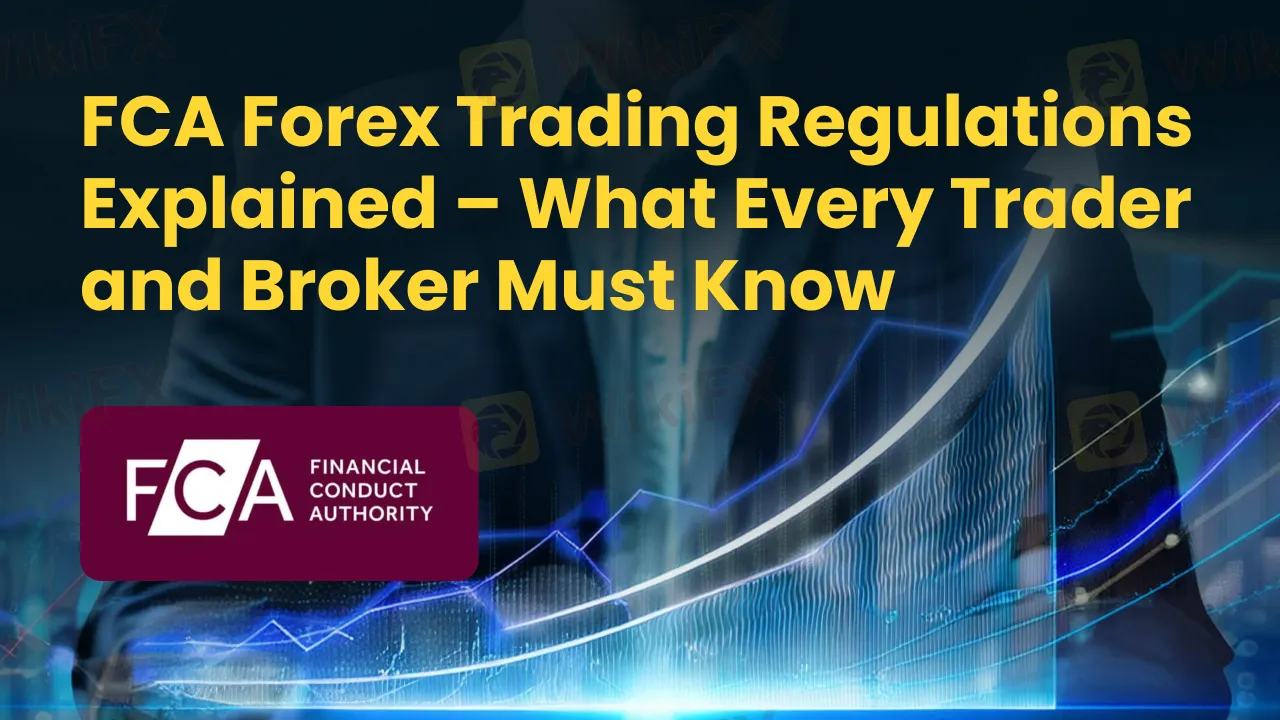
Want to begin your forex journey as a broker or trader in the UK? Start understanding the forex trading regulations applicable in the country. The regulations, imposed by the Financial Conduct Authority (FCA), are designed to enhance investor protection, operational transparency, and a robust UK forex trading market. Complying with these regulations is a must, especially for forex brokers. For traders, regulations are mostly towards protection. Before elaborating on FCA forex trading regulations, lets have a quick overview of the financial regulator.
FCA - Establishment, Operation & Other Updates
Founded in 2013 as a successor to the Financial Services Authority (FSA), the FCA operates as an independent public body. The firms regulated by the FCA fund the public body. It regulates financial firms offering various services to consumers and ensuring the financial markets remain transparent in the UK.
The FCA works along with the Financial Policy Committee and the Prudential Regulation Authority to impose regulations for the financial sector, including the foreign exchange market. It regulates as many as 58,000 businesses employing 2.2 million people and contributing an annual tax revenue of about £65.6 billion to the countrys economy.
FCAs Framework Regarding Forex Trading Regulations
The regulatory framework devised by the FCA for forex brokers is considered the most effective globally. Consumer protection, effective competition, and market integrity are the pillars of the English forex market.
What Do FCA Forex Trading Regulations Entail?
The regulations revolve around the authorization process, capital requirements, client money rules, leverage restrictions, etc. Lets explore each of these.
Authorization Process - A rigorous authorization process is put in place for brokers to meet before acquiring a license from the FCA to conduct forex business.
Capital Requirements - Regulated forex brokers need to maintain a capital worth at least €730,000 as per the MiFID II requirement.
Client Fund Rules - Stringent regulations are put in place for segregating client funds in tier-1 banks.
Leverage Restrictions - The maximum leverage brokers can offer to retail clients investing in major currency pairs is restricted to 1:30 as per ESMA guidelines.
Conduct Rules - The FCA contains comprehensive rules asking brokers to treat traders fairly.
FCA‘s Forex Trading Regulations for Trader Protection
The FCA’s forex trading regulations are well-rounded and are aimed to protect traders. Heres how.
Compensation in the Case of Broker Insolvency
If a broker finds itself insolvent, the trader would receive compensation worth up to £85,000 from the Financial Services Compensation Scheme (FSCS)
Funds of Broker and Trader to Remain Separate
To maintain precision, particularly during a potential insolvency crisis, the FCAs forex trading regulations mandate a segregation of broker and trader funds. This ensures enhanced protection for traders as they can see their invested funds and withdraw them smoothly upon request.
Negative Balance Protection
Forex trading, as we speak, entails investment risks. Depending on the broader and specific market factors, forex traders can lose invested capital. However, the FCAs forex trading regulations are put in place to ensure traders will never have a negative account balance.
Risk Warnings
The FCA mandates brokers to provide traders with standardized risk warnings regarding forex trading.
Complaints Procedure
If traders find any issue regarding trading, they can raise a formal complaint with the Financial Ombudsman Service, which will investigate the case in a transparent manner.
Join WikiFX Masterminds - Where You Track All About Forex - News, Product Launches, Latest Trends, Scam Events, etc.
All you need to do is follow these simple steps -
1. Scan the QR code placed right at the bottom.
2. Install the WikiFX Pro app.
3. Afterward, tap the ‘Scan’ icon placed at the top right corner
4. Scan the code again.
5. Congratulations, you have joined the community.





